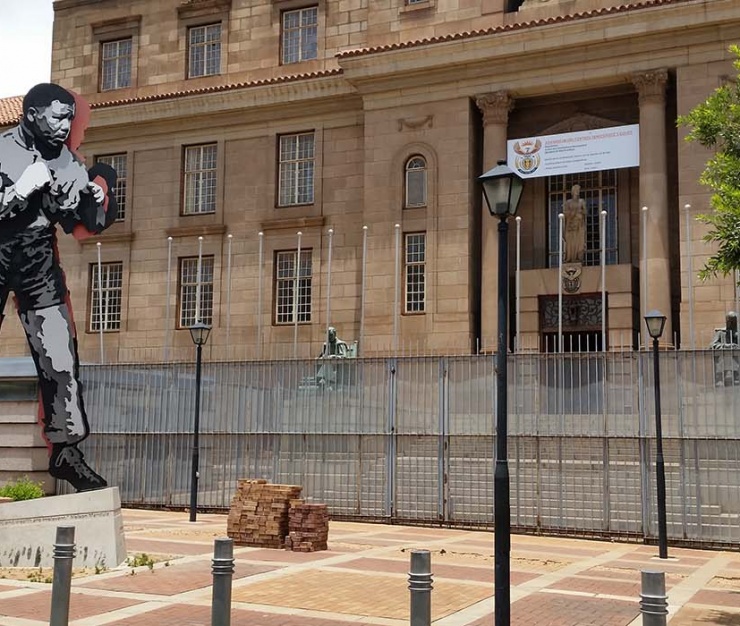Understanding labour law protections and the Labour Relations Act 66 of 1995.
In South Africa, legislation does not specifically set out a disciplinary procedure that employers need to follow, especially when it comes to unfair labour practices that end up in dismissals. However, this does not mean that you as the employee are not protected from such unfair labour practices and this article aims to inform you of your rights as an employee and the steps to follow to assist you in identifying unfair labour practices.
The Labour Relations Act 66 of 1995 provides that dismissals must be procedurally and substantively fair.
In essence, this means that:-
- In terms of substantive reasoning, the dismissal must be valid and fair in its reasoning. I.e. the employer cannot arbitrarily decide that they no longer want the employee to work for them and decide to dismiss the employee, this would be substantively unfair.
- In terms of procedural fairness, the dismissal should follow a fair procedure which is followed by the employer in bringing the dismissal. I.e. this could include a disciplinary hearing for the employee’s conduct.
In light of the above, if an employer does not follow procedural and substantive fairness in the dismissal process, the dismissal could amount to an unfair dismissal or an unfair labour practice.
The Labour Relations Act 66 of 1995 under Section 185, deals with unfair dismissals and provides that:-
Every employee has the right not to be:
- Unfairly dismissed; and
- Subjected to unfair labour practices.
This is reinforced by the Act in that the Act defines specific “automatically unfair dismissals” and provides for instances even when dismissals are not automatically unfair.
A few examples of automatically unfair dismissals are:
- Participating in trade union activities;
- Participating in a protected strike or protest;
- Refusal to take over work of striking workers;
- Discrimination; and
- Dismissal due to pregnancy.
In essence, should there be no formal disciplinary process or if the employer dismisses the employee based on one of these automatically unfair dismissals, the employee will be entitled to refer a dispute to the CCMA for relief by the CCMA.
Employers and employees must be weary of the procedures that need to be followed when it comes to dismissals. Employers should incorporate disciplinary procedures into their organisations, regardless of their size and employees in order to protect themselves from procedural unfairness and employees should be weary of their rights when it comes to procedural and substantive fairness.
Employers are not entitled to arbitrarily dismiss employees as they see fit. This is embodied in South Africa’s latest addition to legislation being the “Code of Good Practice: Dismissal” which provides for a more refined procedure to dismissals and the process that needs to be followed as an addition to the Labour Relations Act.
The Code of Good Practice in line with the Labour Relations Act provides for “fair dismissals” and fair procedure to follow in order for a dismissal to be fair. Iin this respect, the Code provides for “Disciplinary Measures”. The Code states that the purpose for discipline is for employees to understand what is required of them and to guide their behavior.
That being said, it also provides a means for employees to expect disciplinary measures to be implemented to prevent unfair labour practices which in turn may lead to unfair dismissals. The incorporation of fair procedure in the workplace ensures that an opportunity is given to both employers and employees to meaningfully reflect before making a decision.
Given legislation such as the Labour Relations Act, The Basic Conditions of Employment Act and the Code of Good practice, Employers may not make a unilateral decision to dismiss employees without fair and proper procedures.
If you believe that you are in need of assistance with an unfair dismissal, SWVG Inc and the team are here to help. Send us an email today to schedule a consultation with one of our many specialists.



